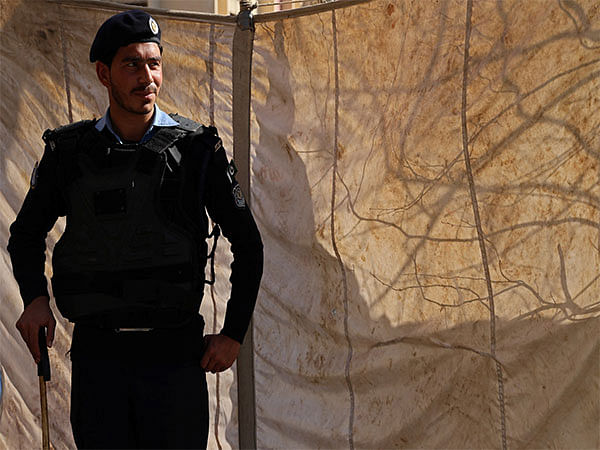Islamabad [Pakistan], June 16 (ANI): The Islamabad police have sought the attorney general to oppose a recent Islamabad High Court (IHC) judgement that has severely limited intelligence and law enforcement services’ ability to investigate crimes and monitor terrorist activity, according to Dawn.
Justice Babar Sattar ruled that cellular providers cannot share citizens’ data with these organisations.
Following the court’s order, cellular providers have stopped sharing Call Detail Records with law enforcement organisations.
According to Dawn, the order, issued in response to requests from Bushra Bibi, the wife of former Prime Minister Imran Khan, and Najam Saqib, the son of former Chief Justice of Pakistan Saqib Nisar, has halted investigations into various cases, including high-profile ones.
Law enforcement agencies rely on CDRs to track down criminals, terrorists, and abductees, therefore the court’s injunction will significantly impede their efforts. Geo-fencing is now impossible due to cellular operators’ lack of cooperation. Geo-fencing, a technology that forms virtual boundaries around geographic locations, is critical for crime prevention, investigation, and rapid transmission of information in cases of missing individuals or child abductions, reported Dawn.
“It appears from the reports filed by the federal government, PTA and intelligence agencies and arguments of the learned counsel that no authorisation has been granted by the federal government under Section 5 of the Telegraph Act and/or Section 54 of the Telecommunication Act to authorise any individual, entity or agency to intercept calls, messages and to surveil citizens of Pakistan,” Justice Sattar stated in his order.
“Doing so without authorisation is an offence punishable with a fine and a jail term under the Telegraph Act, the Telecommunication Act, the Fair Trial Act and Peca. Further, the Fair Trial Act provides a detailed mechanism through which surveillance can be undertaken,” he added.
“Any such unauthorised surveillance would also be in breach of fundamental rights of citizens guaranteed by Articles 9, 10A, 14 and 19 of the Constitution read with Article 4 and would cause irreparable harm to the liberty, dignity and privacy of the citizens being surveilled, he ruled, as per Dawn.
The next hearing in this case is scheduled for June 25. (ANI)
This report is auto-generated from ANI news service. ThePrint holds no responsibility for its content.




